A wearable for every sport: the tech you need for cycling, swimming and more
When it comes to fitness, not all wearables are created equal
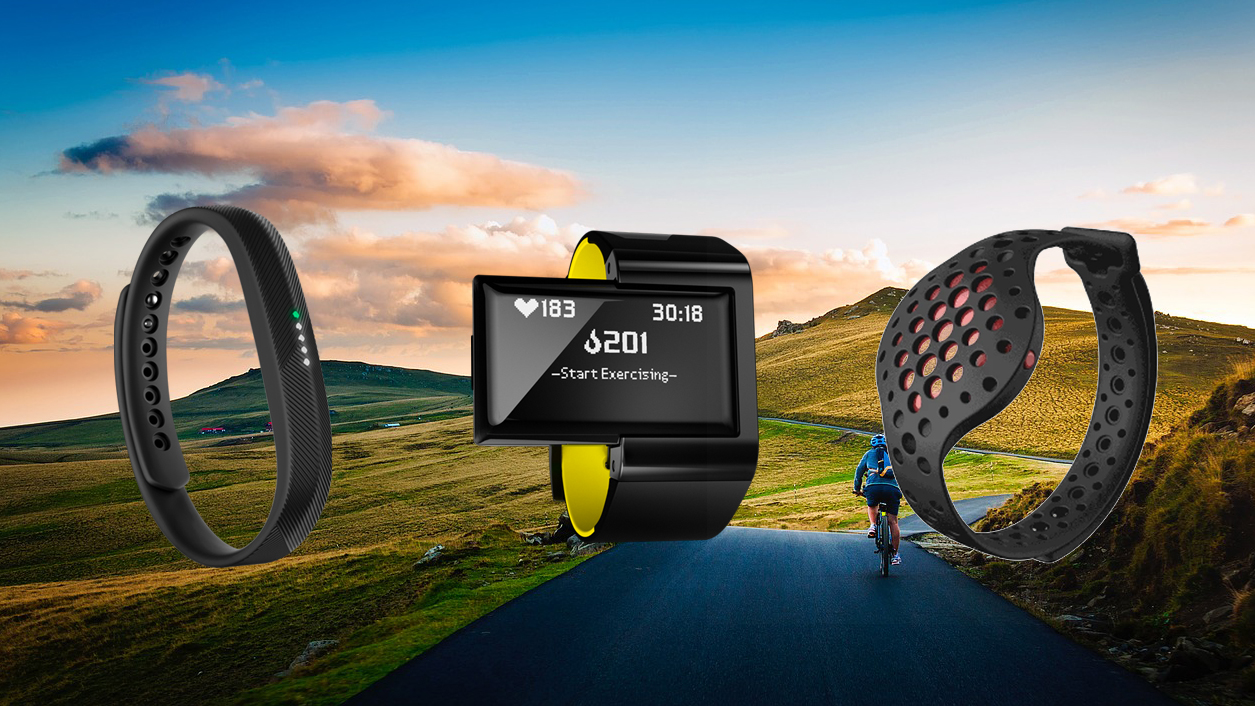
Nowadays a good fitness tracker is just as important as a comfortable pair of trainers or sweat-proof sports headphones when you’re packing your gym bag or sorting out your training gear.
There are plenty of great all-rounder fitness wearables available at the moment, like the Fitbit Charge 2, Moov Now or Samsung Gear Fit 2.
These will give best-in-class tracking, and in some cases even coaching and performance-based feedback for a lot of popular activities, including everything from running to interval training to weight-lifting.
Having said that, if you’ve got your heart set on one specific sport (and don’t mix up your routine too often), you'll probably want a piece of fitness tech that’ll do the job even better than those all-singing and all-dancing favorites.
So as we always look out for you, we’ve collected together some of our top wearables for some of the most popular activities, whether you love boxing, swimming or hitting the gym.
And it’s worth keeping your eyes peeled for more sport-specific wearables being developed in future too, because just as all-rounder tech becomes more advanced, so will gadgets designed with particular passions in mind - so if you're a gymnastics junkie, there could be some smart clothing on its way to measure your every flex and spin.
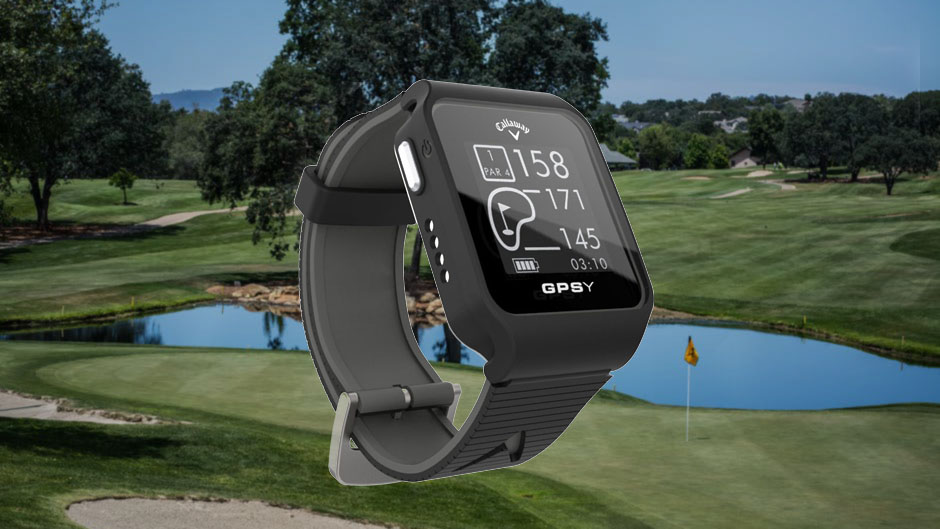
Golf: best for those with a driving ambition
If you’re a passionate golfer you’ve got a good reason to invest in a sport-specific wearable because, unlike running or swimming, a lot of the top multi-sport devices don’t cater for your hobby all that well.
There are a number of golf wearables on the market, but one of our favorites is the Callaway GPSy Sport Watch.
Created by the premium golfing brand Callaway, the watch automatically recognises more than 30,000 courses across the globe. It tracks your game as you play and provides you with access to green lay-up and carry distances, as well as hazards and dog-legs. It can also auto score your game and keep tabs on your steps.
If you’d rather not invest in a golf wearable, you could track your steps and the distance you’ve covered over the course of your day with a much simpler (and not to mention cheaper) device, like the Fitbit Flex 2.
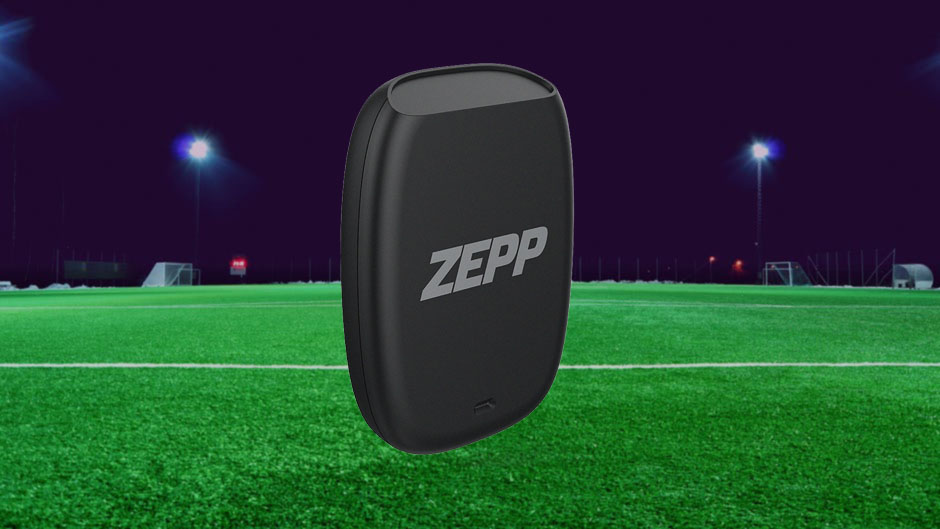
Football: best for keeping up with your keepie uppies
Zepp is a wearable sports brand that creates tech with specific sports in mind, like golf, baseball and of course, football.
The newest tracker from Zepp is the Play Soccer, which you can pop into your football socks where it’ll track the distance you’ve covered, your average speed, shot conversion rates and your kicks, where it can differentiate between passes and shots by your speed.
If the Zepp Play Soccer seems too restrictive, you can opt to track your activity with other wearables, but we’d recommend looking out for one with built-in heart rate tracking so you can monitor the intensity of your workouts, like the Fitbit Charge 2 or Garmin Vivosmart HR+.
(Also, most five-a-side games won't let you wear a watch during the game, so that's worth taking into account).

Gym workouts: best for powering you through leg day
It’s not easy to create a wearable that’ll track everything you do at the gym, but a few good options are starting to emerge.
One of our favorites is the Atlas Wristband 2. With a huge bevy of sensors and machine learning smarts, the Atlas Wristband 2 can detect all kinds of exercises at the gym, from barbell bicep curls and kettlebell swings through to jump squats and sessions on mountain climbers. Record reps, keep tabs on your heart rate and note when you enter different zones, as well as so much more within its accompanying app.
Alternatively, the Samsung Gear Fit 2 now has an added Automated Dynamic Workout Training mode, which can also recognise exercises, count reps and even keep track of lunges, squats, stomach crunches and star jumps as part of bodyweight workouts.
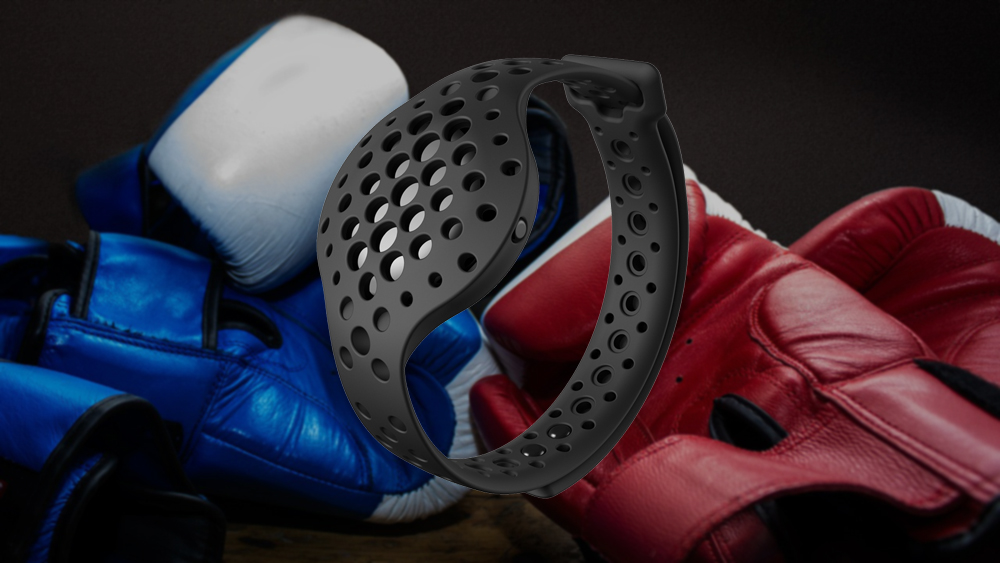
Boxing: best for perfecting your punches
Very few multi-sport wearables have sensors that can keep tabs on combat sports, but Moov Now serves up real-time feedback via its app, which coaches you and teaches you new moves.
Afterwards, you can review your heart rate (if paired with the Moov HR or other compatible heart rate monitor), your fastest hits, your hardest punches and then learn how to improve your form next time.
As kickboxing, mixed martial arts, muay thai and other combat sports are becoming increasingly popular, we can expect more boxing-specific wearables to hit the shelves soon.
There’s some interesting tech being developed by companies like Hykso and StrikeTec, too.
Hykso has just launched its Punch Tracker, which consists of two wearables that slot into your boxing gloves and can track your hands' movement 1000 times per second to detect the number, type and the velocity of all your punches. It's too early to say whether the tracker will be the best out there for boxing, but it could certainly take the top spot from the Moov Now for those who are serious about their combat sports.
The Indiegogo-funded StrikeTec wearable sensors have been in development for some time, but like the Hykso wearable it's only recently been made available to the public. It can keep tabs on your punch speed, force and technique in real-time and the company claims it's been testing its product with professional fighters and coaches for years now. Expect this product to really make waves in combat training once it's been more widely reviewed.
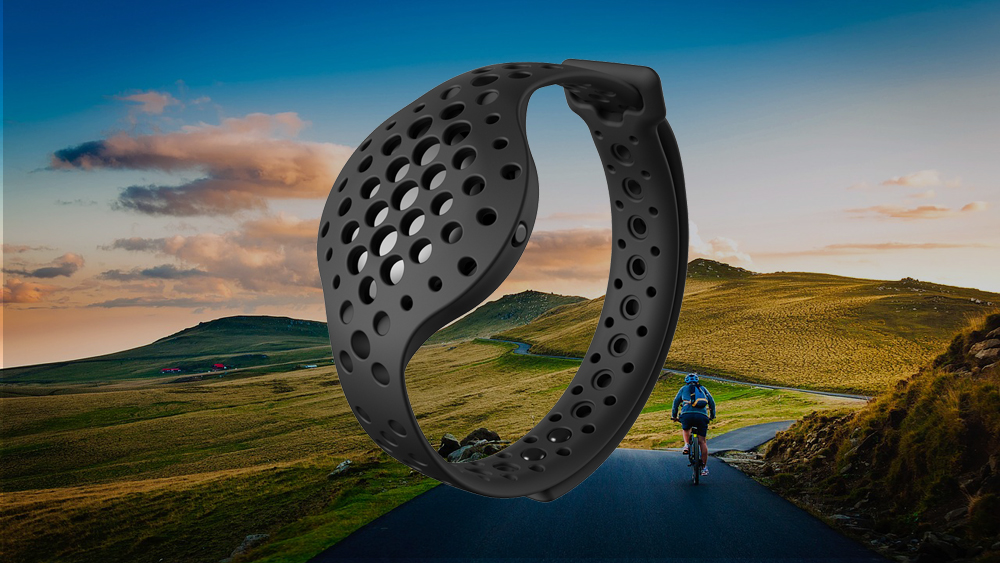
Cycling: best for indoor spinning and outdoor cycling stats
Plenty of the best fitness trackers on the market have dedicated cycling modes, most of which will give you some data about your workouts, whether you’re cycling outside or spinning.
However it’s the Moov Now that takes the top spot again. It has a dedicated mode for both indoor and outdoor cycling, but its position on your leg means it can track way more stats than other devices, including power and cadence.
It's not as accurate as the dedicated power meters, but it's a helluva lot cheaper.
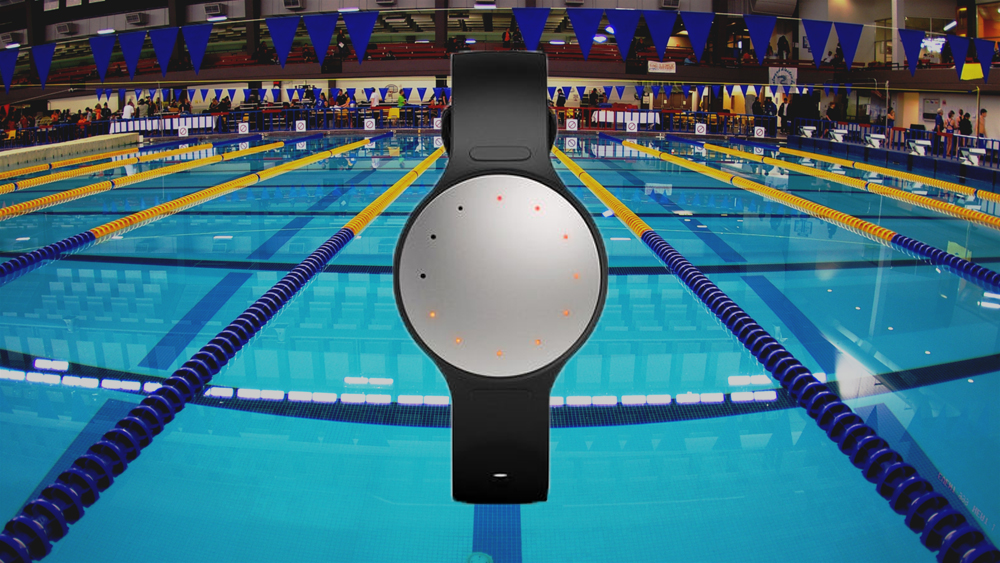
Swimming: best for boosting your butterfly
Misfit’s Shine 2 Swimmer’s Edition was created in collaboration with Speedo and with water babies in mind. It can track laps, keep tabs on swim distance and time in the pool, as well as provide you with a countdown and vibration alert.
But look out for the waterproof wearables that’ll be just as happy tracking your lengths in the pool as they will tracking the miles you’ve clocked up on the road.
The Apple Watch Series 2 performs really well in the water, serving up lots of different metrics, like number of lengths, distance covered and it can even differentiate between the different styles of strokes you use too - as well as downloading a variety of apps to swim with.
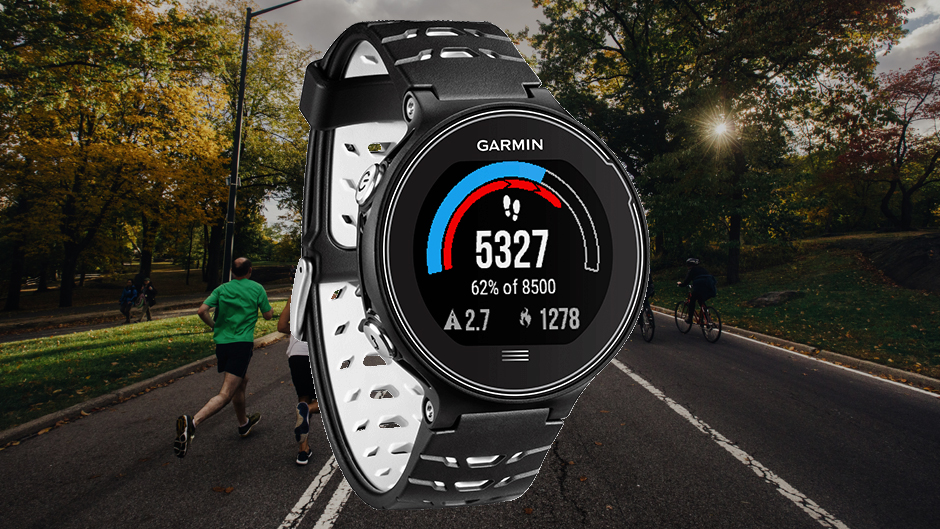
HIIT: the best for super sweaty interval training
HIIT (or high intensity interval training) is all about working out in intervals, whether that’s based on time, distance, pace or heart rate.
If you’re running outside, the Garmin Forerunner 630 lets you select different metrics, like distance, time and heart rate before assigning an interval target for each. And it has GPS smarts built-in, so will work well in a number of different environments.
However, if you prefer HIIT indoors you don’t need anything as fancy as a running watch.
Instead we’d recommend basing your interval training on your heart rate. Plenty of wearables have built-in heart rate monitors nowadays, but one of the most accurate is the Moov HR.
Not only does it give you a more accurate heart-rate reading due to its placement on your forehead (although we found it does need to be positioned perfectly to get a reading), it’ll also coach you as you move in and out of different training zones, making it the perfect HIIT companion.
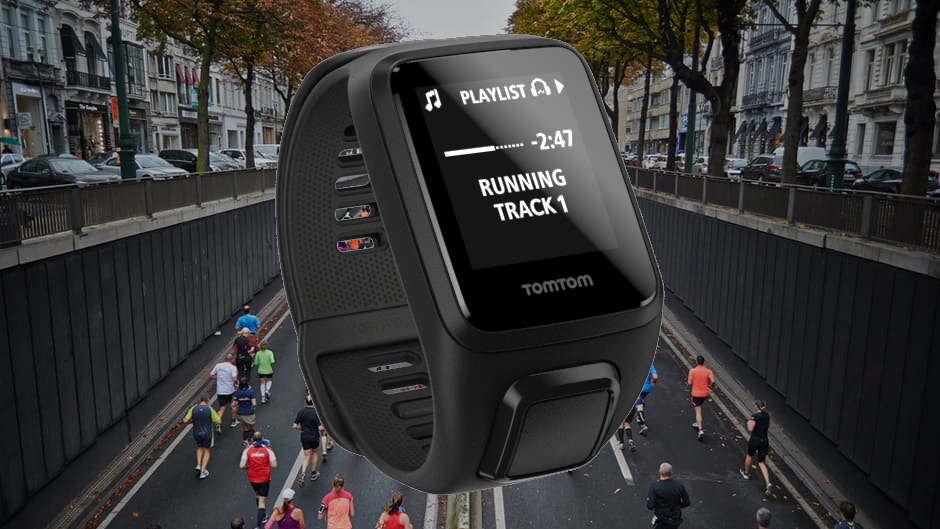
Long distance running: best for becoming your new marathon training BFF
If you’re running short distances or hitting the treadmill, you’ll be really happy with the Fitbit Charge 2 or the Garmin Vivosmart HR+. But if you’re going to be running long distances, you might want something a bit more serious.
We love the TomTom Spark 3 for running because it offers up GPS tracking, a heart rate monitor and smart route navigation, so it’s great if you’re exploring a new area. This device also allows you to play music without your phone being nearby, which is great for those who want to run long distances without any distractions from Facebook.
If you're an ultra-runner looking for the really long distances though, the Garmin Fenix 5 or the Forerunner 935 are great options with Ultratrac mode turning down the frequency of the GPS checks to really extend battery life.
If you’re interested in running long distances but you’re concerned your technique might suffer, then we have to recommend Moov Now again, which will provide you with real-time feedback about your form and what you can work to improve it via the device’s accompanying app.
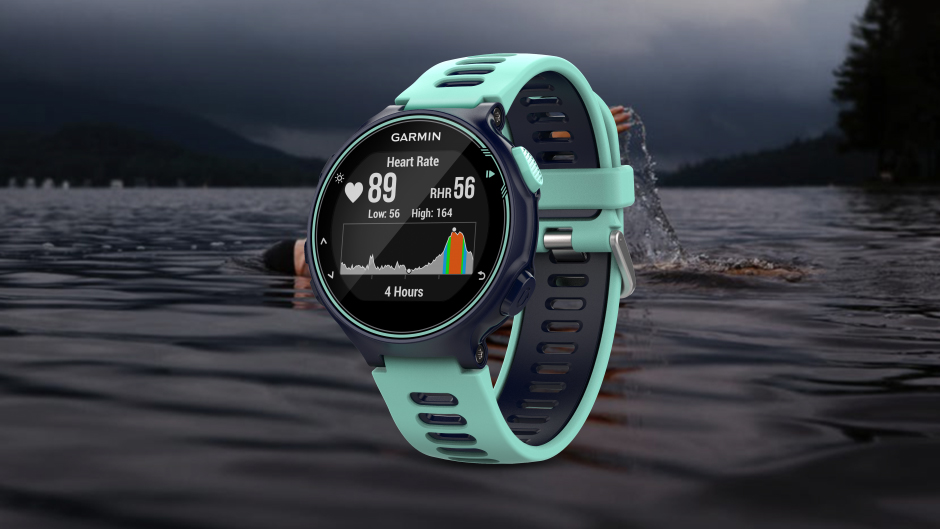
Triathlon: best for perfecting your run, cycle and swim game
Garmin’s Forerunner 735XT is built specially with triathletes in mind and has everything you need to track every second of activity and improve your performance.
It’s particularly advanced when it comes to tracking your running, recording ground contact time balance, stride length and vertical ratio as well as so much more. The problem? It’s really pricey.
For a more affordable option you could try, you guessed it, the Moov Now. It’s one of the few trackers that can keep tabs on your running, swimming and cycling. Sure it’s lacking a heart rate monitor, but if tracking your training zones is important in your triathlon training, opt for the Moov HR alongside it.
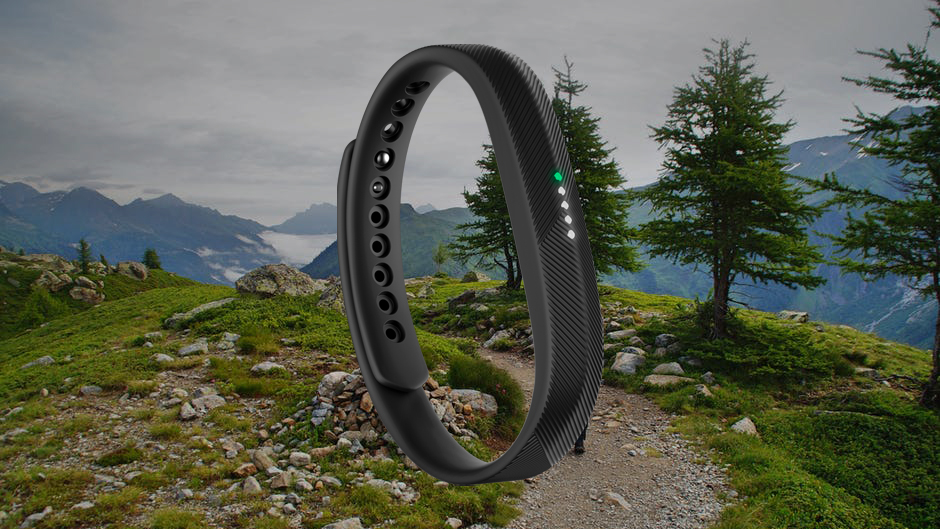
Power walkers: best for hitting those 10,000 steps in style
Whether you’re recovering from an injury, like to walk to work or just don’t like getting really sweaty in the pursuit of fitness, there are plenty of wearables for those who enjoy walking and not much else.
The Fitbit Flex 2 is one of the brand’s simpler wearables, but it still has accurate step tracking, move reminders and basic notifications.
If you consider yourself more of a hiker than a walker, then look at the Fitbit Charge 2 instead, with SmartTrack that can identifying whether you’re walking, running or hiking, as well as connected GPS so you can keep track of your routes.

Becca is a contributor to TechRadar, a freelance journalist and author. She’s been writing about consumer tech and popular science for more than ten years, covering all kinds of topics, including why robots have eyes and whether we’ll experience the overview effect one day. She’s particularly interested in VR/AR, wearables, digital health, space tech and chatting to experts and academics about the future. She’s contributed to TechRadar, T3, Wired, New Scientist, The Guardian, Inverse and many more. Her first book, Screen Time, came out in January 2021 with Bonnier Books. She loves science-fiction, brutalist architecture, and spending too much time floating through space in virtual reality.
- Best smartwatch: the best wrist wearables for 2017
- TheBestVPNFor.Me